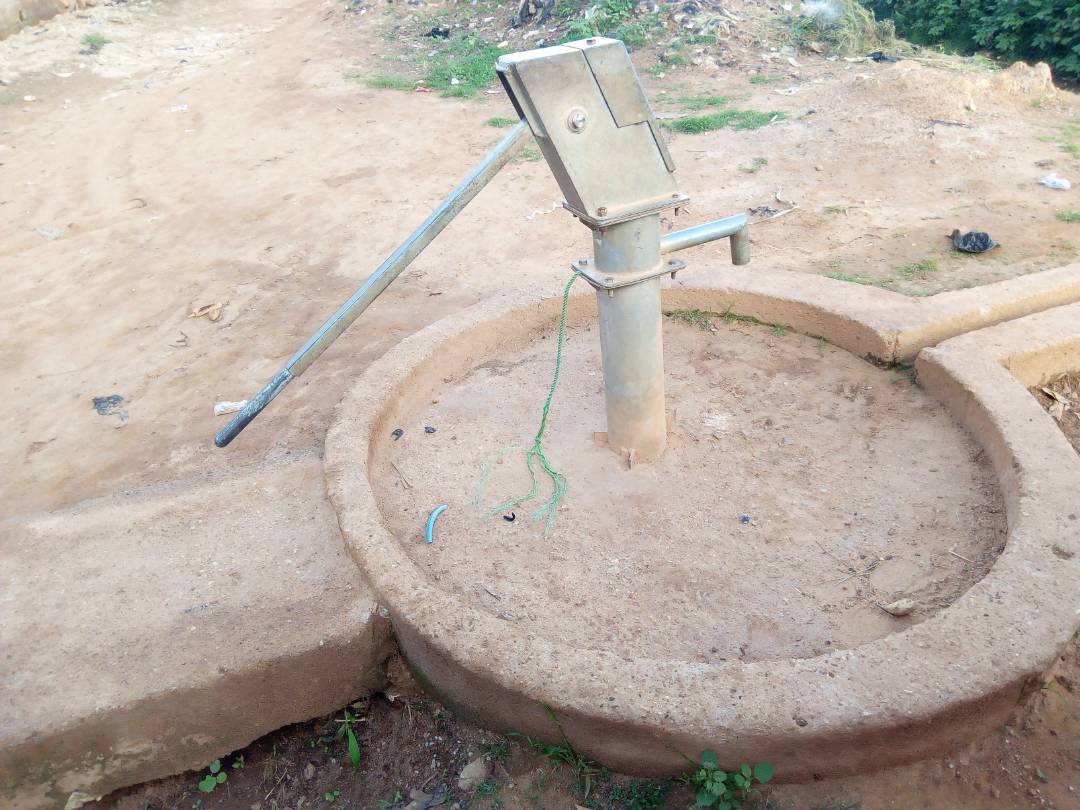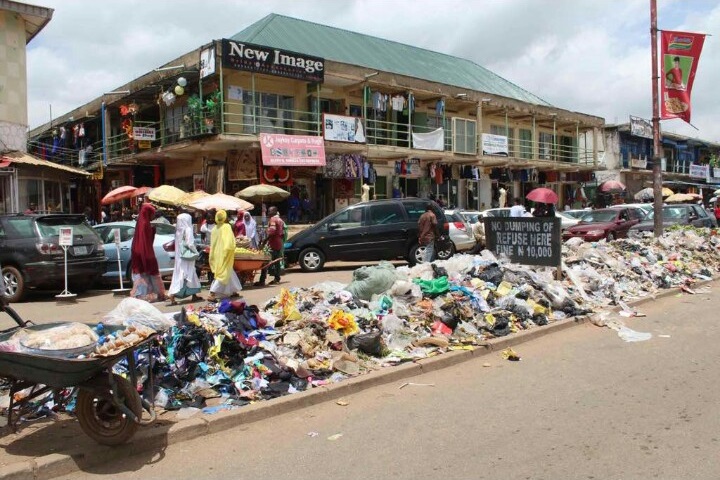
By Sophie Labari
Development is crucial part of life that everyone desires, especially in the area of infrastructure which can not be realised without subsequent maintenance.
In Nigeria, there have been developments ranging from provision of necessities of life such as water and power supply, healthcare and educational facilities, as well as road network among others by government, individuals or corporate bodies.
But the question is, how are these infrastructures maintained?
A typical example is at Sabo, in Chikun Local government area of Kaduna State, Northwest Nigeria, where in 2016, a hand pump was dug for the community.
The facility, according to some residents who Spoke to AFRICA PRIME NEWS, functioned for only few months
though It produced smelly and coloured water”.
This is one among many other phenomenon, where the beneficiaries wait for providers either government
or individuals to repair every damaged facility put at their disposal.
Yusuf Saleh Samaila a staff of the Kaduna State Water Board, told AFRICA PRIME NEWS that people are to be blamed for either failing to report issues or contributing their own quota to the sustainability of such facility.
For example, he explained, busted pipes which affects water supply are not always reported to the appropriate agency and at the same time people failed to pay their bills “how then do we get the money for maintenance and yet they expect us to deliver, he wondered?”
He also spoke of “I don’t care attitude” common among Nigerians to protecting public property .
Another respondent, Mike Buba noted with dissatisfaction that some communities who were provided with certain amenities by philanthropists even expected the providers, to continue maintaining the facilities without them playing any role.
He stated that until communities in particular or Nigerians imbibed the spirit of regarding facilities provided by either government, donor agencies or philanthropists as they do to their individual ones, the country would continue to witness decays arising from the “I don’t care attitude”.
Buba however suggested maintenance budgetary provisions for public facilities to save costs rather than looking the other way, saying that a stitch in time saves nine.
From the foregoing, it is obligatory for Individuals, communities and government to strive to make sure that maintenance culture is observed on public facilities, adopt the attitude of collective ownership and protection, as well as supportive, where necessary for sustainable development to thrive in the country.
https://www.africaprimenews.com/2018/04/19/news/19025/